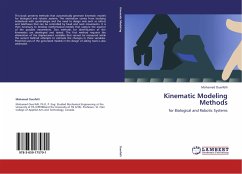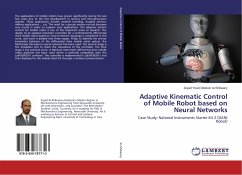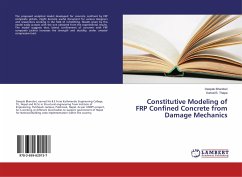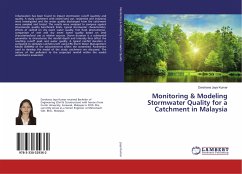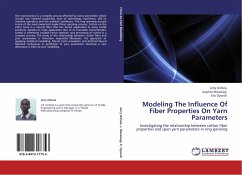This book presents methods that automatically generate kinematic models for biological and robotic systems. The motivation comes from studying individuals with quadriplegia and the need to design aids such as robots and teletheses that can be controlled by head and neck movements. It is then necessary to develop mathematical models that capture the essence of the possible movements. Two methods for identification of the kinematics are developed and tested. The first method requires the elimination of the displacement variables that cannot be measured while the second method attempts to estimate the changes in these variables. Potential uses of the generated models in the design of aiding tools is also addressed.
Bitte wählen Sie Ihr Anliegen aus.
Rechnungen
Retourenschein anfordern
Bestellstatus
Storno

